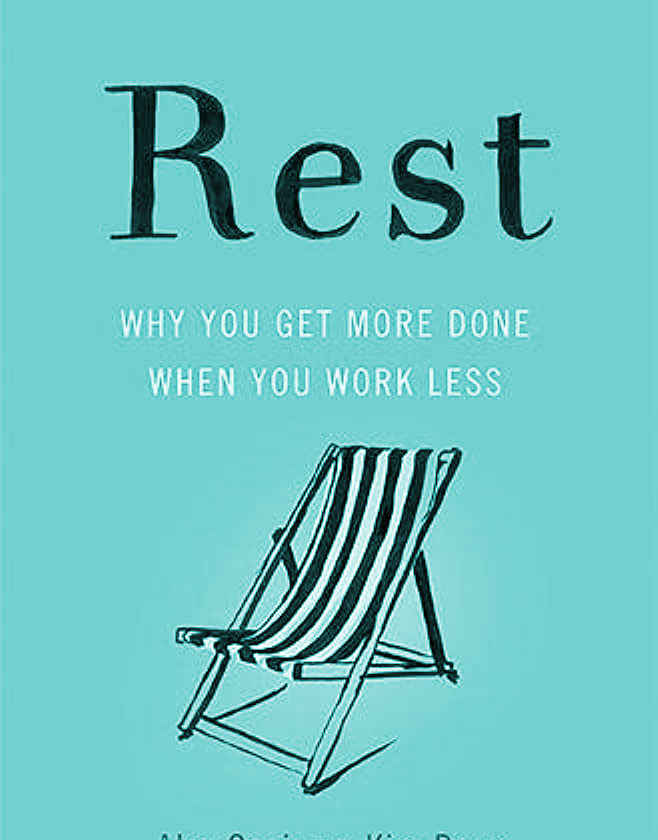A summary of The power of full engagement, by Jim Loehr and Tony Shwartz
Most of people do not manage to remain focused after a while. Facing this lack of motivation, the majority of people think that they must:
Improve their time management
Have another coffee
Learn new disciplinary techniques to stay motivated
New paradigm: it is necessary to manage its energy instead of one’s time
4 sources of energy:
Physical
Emotional
Mental
Spiritual
Flavius Philostratus explains the interest of expansion and recovery:
Expansion -> an intense work voluntarily done
Recovery: necessity to maintain at a high productivity level
Various levels of recovery:
Physical:
Breathing correctly (Brings more oxygen)
Rest: 7 hours (at least) of rest because it allows deep sleep, the main source of optimal recovery
Mental:
4 criteria of mental performance:
Concentration
Creativity
Realistic optimism
Appropriate focus
These four elements are strengthened by regular breaks which allow the right part of our brain “to work” because it constitutes the origine place of our intuition, our creativity, our imagination and our feelings. Contrary to the left brain, the “rational” one which is requested permanently in most of uses.
The mental performance comes from the alternation of use between the right and left parts of our brain.
Emotional:
The quality of the activities that we match our time of leisure impacts on our capacity to get fresh ideas emotionally. The practice of the solitude helps largely in this regard.
Spiritual:
Find a deep reason in every work. Give meaning to what we make give some energy and motivation:
Expansion:
Physical:
The intense sport at intervals
Mental:
Reading, to learn new concepts, it develops the cognitive capacities
Emotional:
To force to speak to new people, people who are foreign to us
Spiritual:
Rethink regularly what are our values and our objectives that we wish to reach, they are bound to what is the most important for us.
An optimal organization of the working day:
A cycle: 90 min of work then 20 min of the rest. A daily optimal productivity consists of 4 cycles, which implies that a working day should consist of no more than 6 hours.










